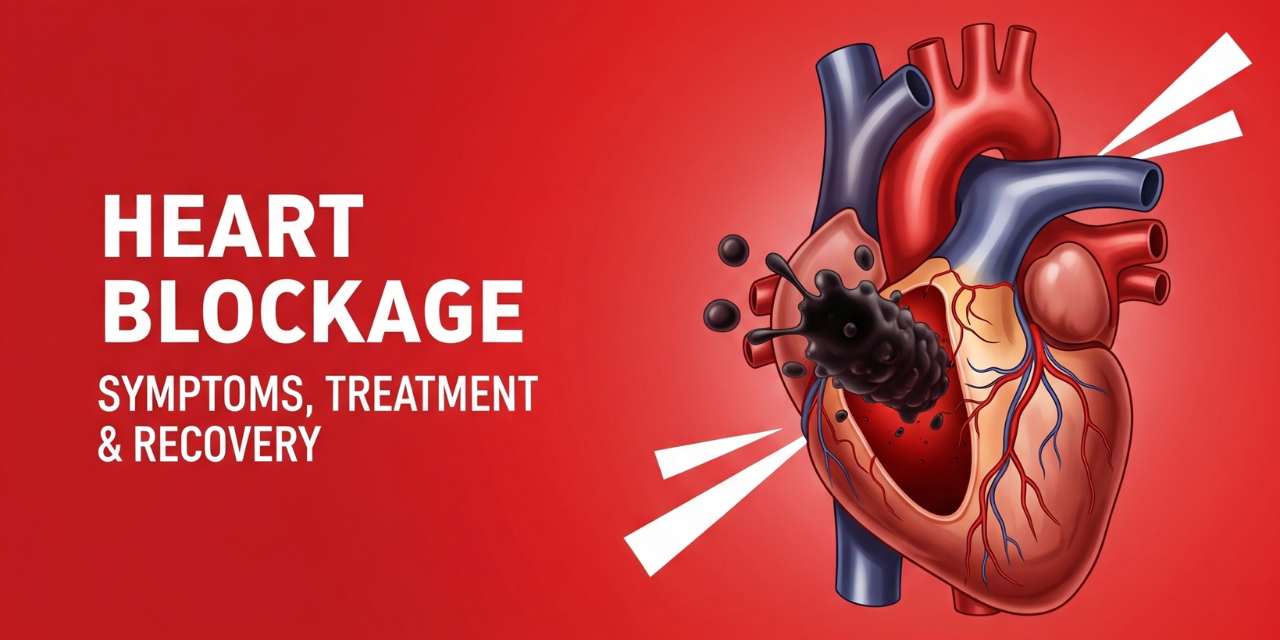Coronary Artery Bypass Graft (CABG) surgery, commonly referred to as coronary artery bypass surgery, is a life-saving procedure for individuals suffering from severe coronary artery disease (CAD). It involves grafting a blood vessel from another part of the body to bypass a blocked artery, restoring blood flow to the heart muscle. This procedure has been performed for decades and is known to reduce symptoms such as chest pain (angina) and improve the quality of life. But how effective is it in preventing heart attacks?
Understanding Coronary Artery Disease and Heart Attacks
Before delving into the effectiveness of coronary artery bypass surgery, it’s essential to understand the relationship between coronary artery disease and heart attacks. CAD is a condition where the coronary arteries that supply blood to the heart muscle become narrowed or blocked due to the buildup of plaque—a combination of fat, cholesterol, and other substances. This can lead to reduced blood flow, which can cause chest pain and, in severe cases, a heart attack, which occurs when a part of the heart muscle is deprived of oxygen for too long.
The Purpose of Coronary Artery Bypass Surgery
Coronary artery bypass surgery is primarily performed to relieve symptoms of CAD, improve heart function, and enhance the patient’s quality of life. By bypassing the blocked arteries, the surgery restores adequate blood flow to the heart muscle, thereby reducing symptoms like chest pain and shortness of breath. But its role in preventing future heart attacks is equally important and often a key reason for recommending the surgery.
Effectiveness in Preventing Heart Attacks
Numerous studies have demonstrated that coronary artery bypass surgery is highly effective in reducing the risk of heart attacks, especially in patients with severe coronary artery disease. Here’s how:
- Improved Blood Flow
By creating a new route for blood to flow to the heart, bypass surgery significantly reduces the likelihood of a heart attack caused by a blocked coronary artery. The restored blood flow ensures that the heart muscle receives sufficient oxygen, reducing the risk of damage. - Long-Term Survival
Research indicates that patients who undergo bypass surgery have a higher long-term survival rate compared to those who receive medical therapy alone, particularly in cases of left main coronary artery disease or multi-vessel disease. These patients are at a higher risk of heart attacks, and bypass surgery can be a crucial intervention. - Reduction in Angina and Other Symptoms
Bypass surgery effectively alleviates symptoms like angina, which is often a precursor to a heart attack. By reducing or eliminating these symptoms, the surgery lowers the risk of future cardiac events. - Durability of Results
While other treatments like angioplasty (stenting) are less invasive, bypass surgery tends to offer more durable results. The benefits of bypass surgery can last for decades, with many patients experiencing a significant reduction in heart attack risk over the long term.
Factors Influencing Effectiveness
The effectiveness of coronary artery bypass surgery in preventing heart attacks can vary based on several factors. Consulting with a cardiac surgeon can help patients understand these factors better and optimize their treatment outcomes.
➽Extent of Coronary Artery Disease: Patients with extensive disease, especially those with blockages in multiple arteries, tend to benefit more from bypass surgery.
➽Patient’s Health Condition: The overall health of the patient, including the presence of other conditions like diabetes, hypertension, or chronic kidney disease, can influence the surgery’s effectiveness.
➽Quality of the Grafts: The type and quality of the grafts used during the surgery, which a Cardiac Surgeon in Chandigarh carefully selects, play a significant role in its success. Arterial grafts, for instance, tend to last longer and provide better outcomes compared to venous grafts.
➽ Post-Surgery Lifestyle: The long-term success of bypass surgery also depends on lifestyle changes. Patients who adopt a heart-healthy diet, exercise regularly, quit smoking, and manage stress have a lower risk of heart attacks after surgery.
Conclusion
Coronary artery bypass surgery, performed by Dr. Sidharth Garg, the best cardiac surgeon in Chandigarh, is a highly effective procedure for preventing heart attacks, particularly in patients with severe coronary artery disease. By restoring blood flow to the heart muscle, the surgery not only alleviates symptoms but also significantly reduces the risk of future cardiac events. However, its effectiveness is influenced by several factors, including the extent of the disease, the patient’s overall health, and lifestyle changes post-surgery. For more information, please contact us at +919855069991.













